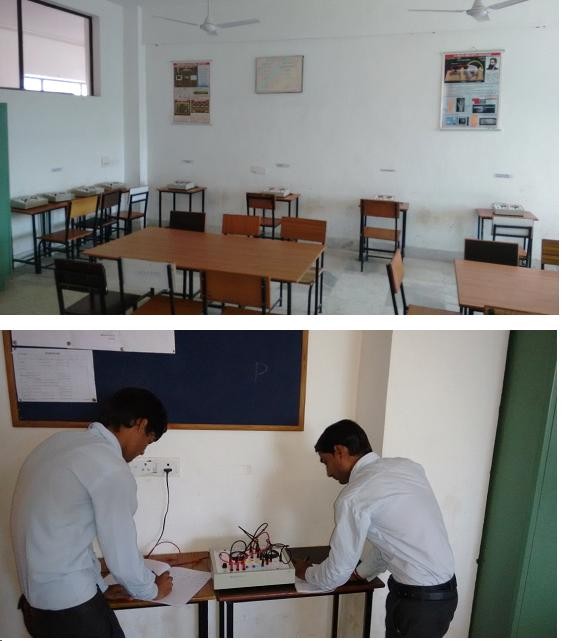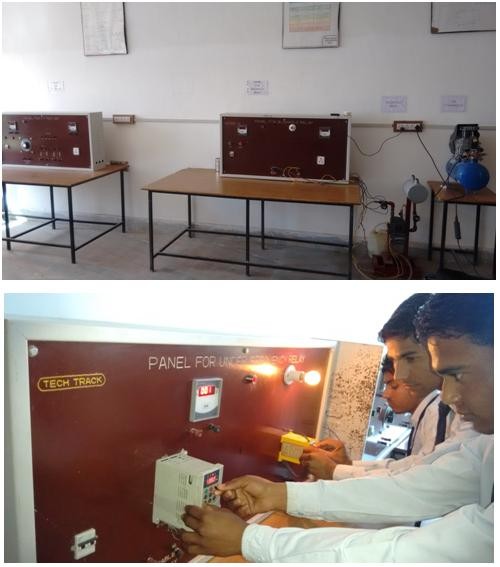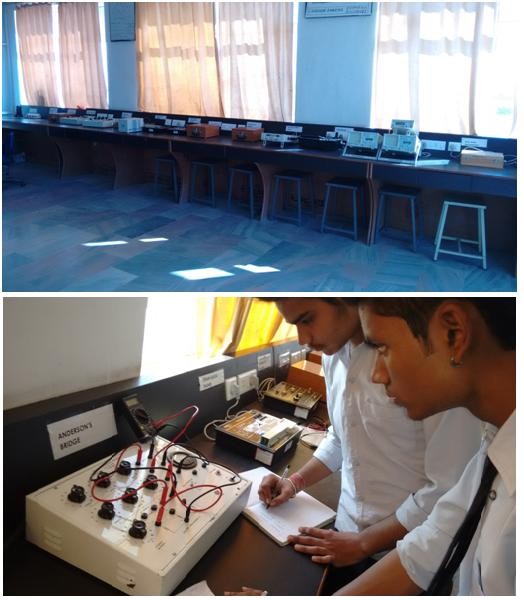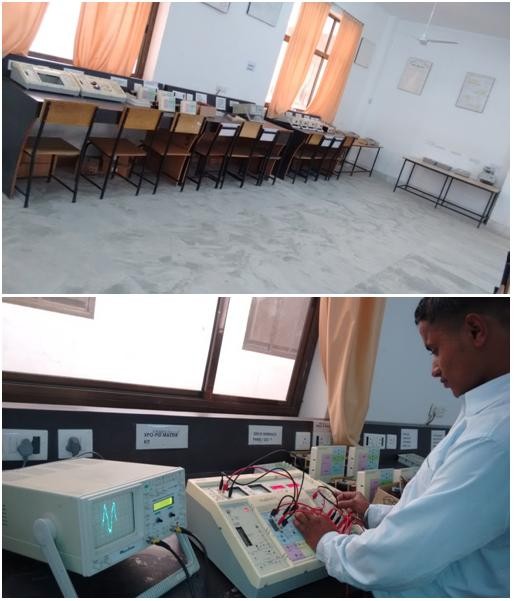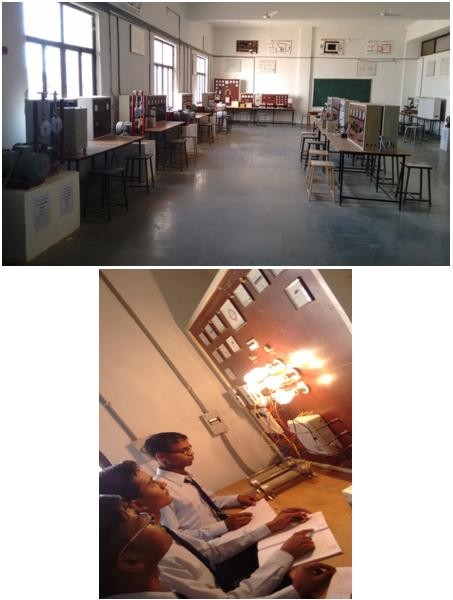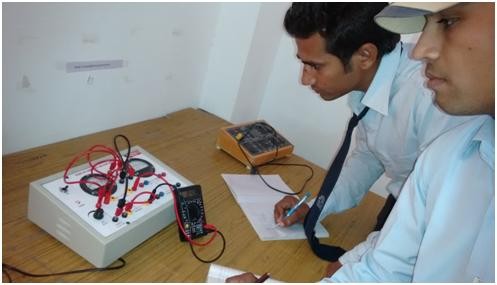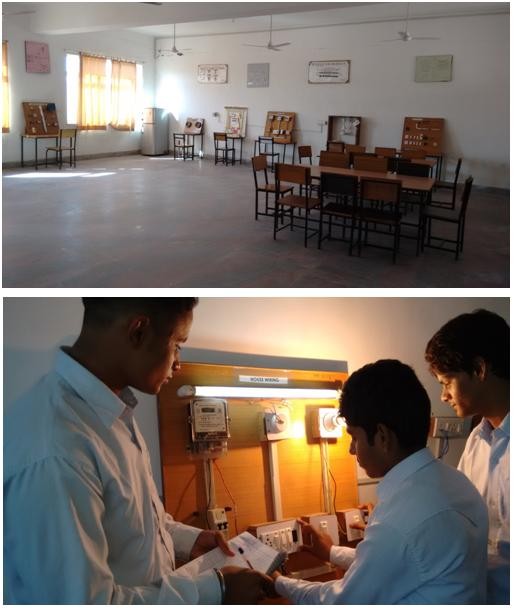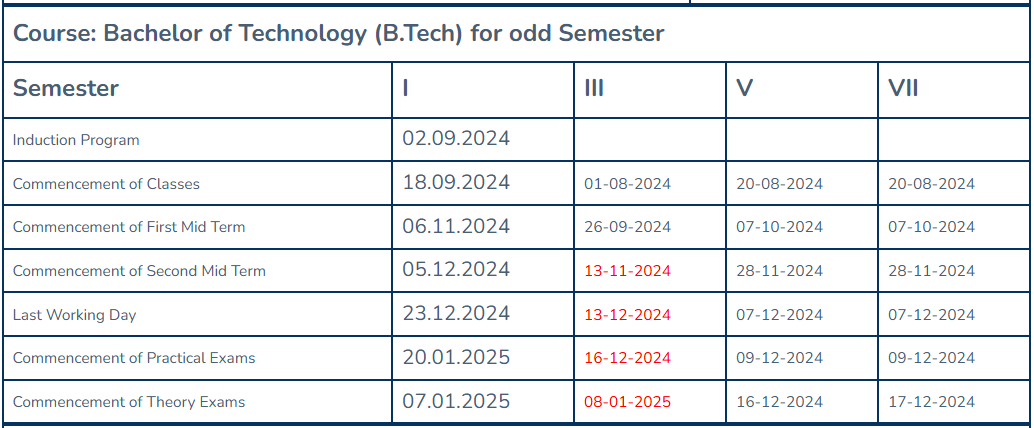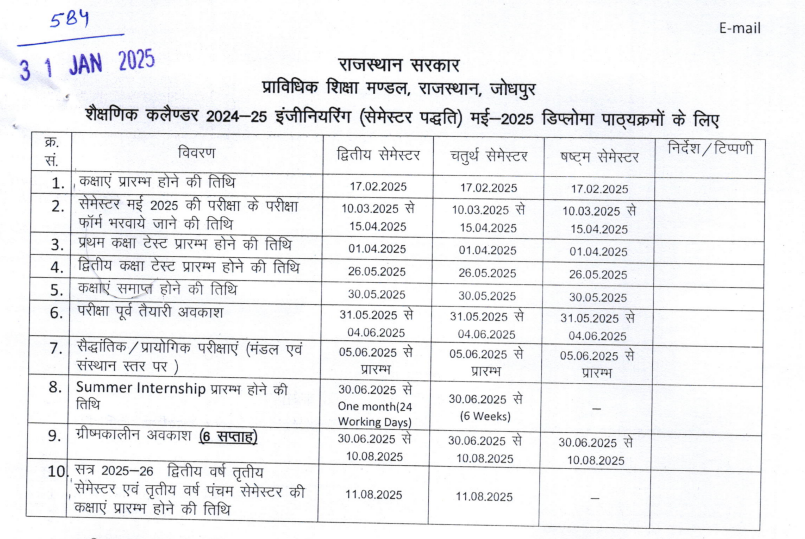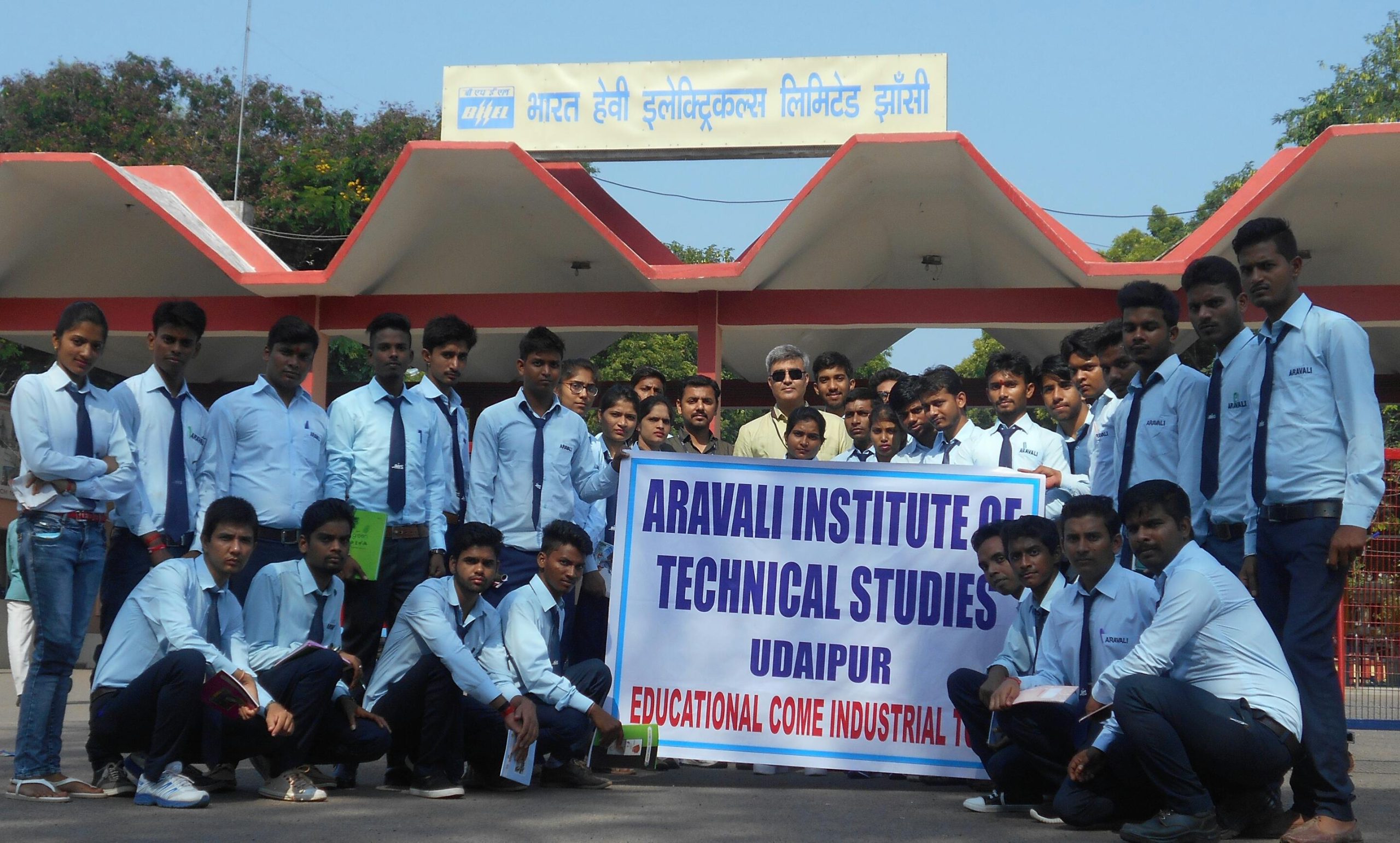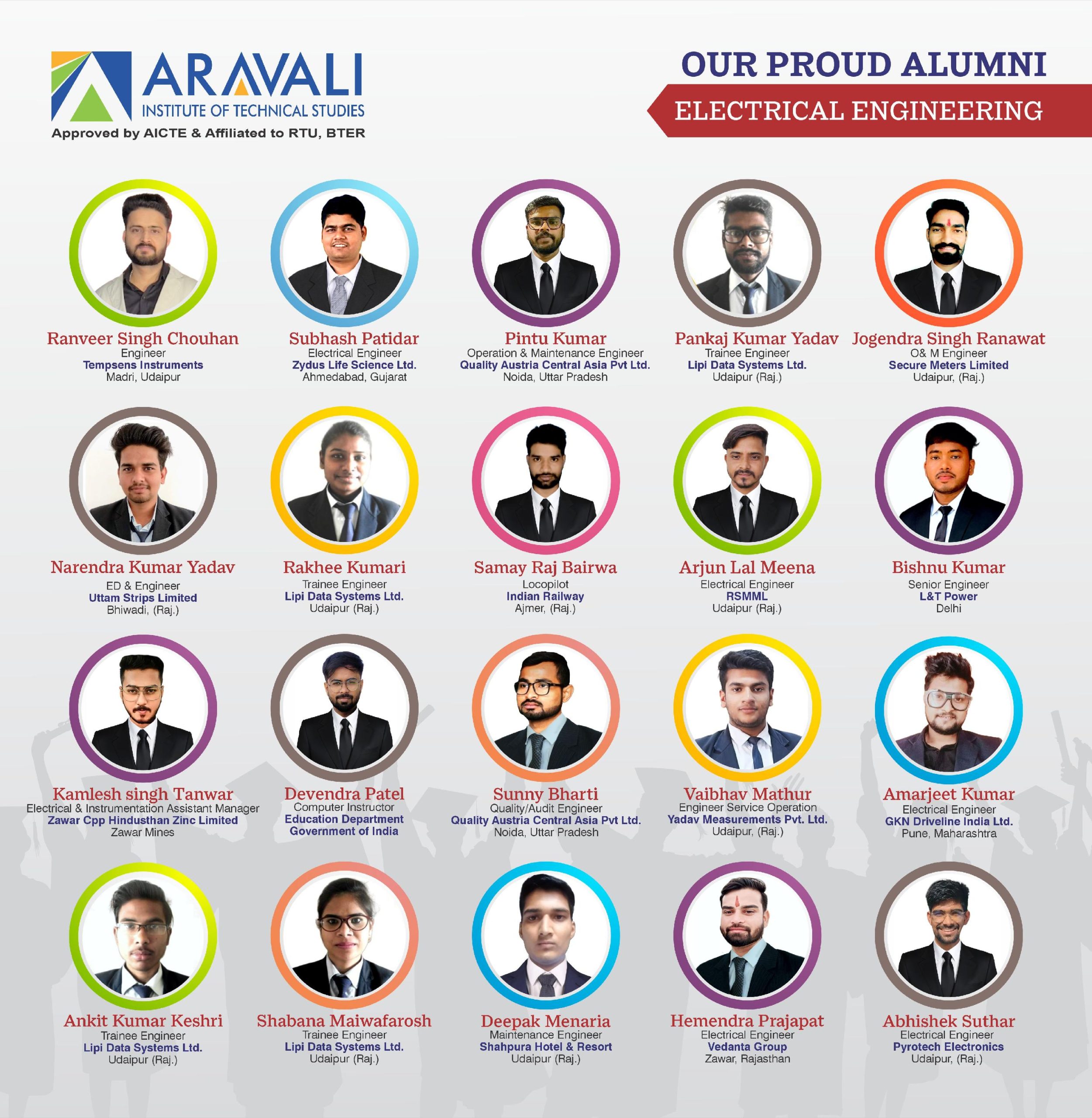Department of Electrical Engineering
About Electrical Engineering :-
The Department of Electrical Engineering is one of the largest departments in institute which started functioning with undergraduate programme in 2010, and has a distinguished faculty, holding Ph.D. Degrees from renowned institutes in India. The Primary objective of the department is to impart quality education and training at the undergraduate, postgraduate and research levels in the areas of Electrical Engineering. The Department has very good laboratories with some of the state of art equipment for better practical understanding of the students. The Department also has the right mixture of young and senior faculty members and all of us are working hand in hand for the overall benefit of the Department and the society.
The curriculum of Rajasthan Technical University, Kota, Rajasthan lays equal emphasis on all major fields of electrical engineering – Power system, Power electronics engineering, wind and solar energy system and control system. The students are taught many courses to develop a sound theoretical knowledge and good practical experience in all these areas.
DEPARTMENT VISION
To strive continuously for excellence in education and research related to Electrical Engineering by nurturing human resource to contribute for sustainable development of industry and society.
DEPARTMENT MISSION
The department aims to realize the vision through the following mission:
M1. Empower students with fundamental knowledge of Electrical, Electronics and computational Technology.
M2. Develop the foundation to undertake research in systems involving emerging fields of Electrical Engineering.
M3. Enable professional skills and competence to become consultants in the field of Electrical Engineering.
M4. Evolve as a dynamic entrepreneurial human resources for the society.
OUTCOME-BASED EDUCATION (OBE)
Outcome-Based Education (OBE) is a student-centric teaching and learning methodology in which the course delivery and assessment are planned to achieve stated objectives and outcomes. It focuses on measuring student performance i.e. outcomes at different levels.


